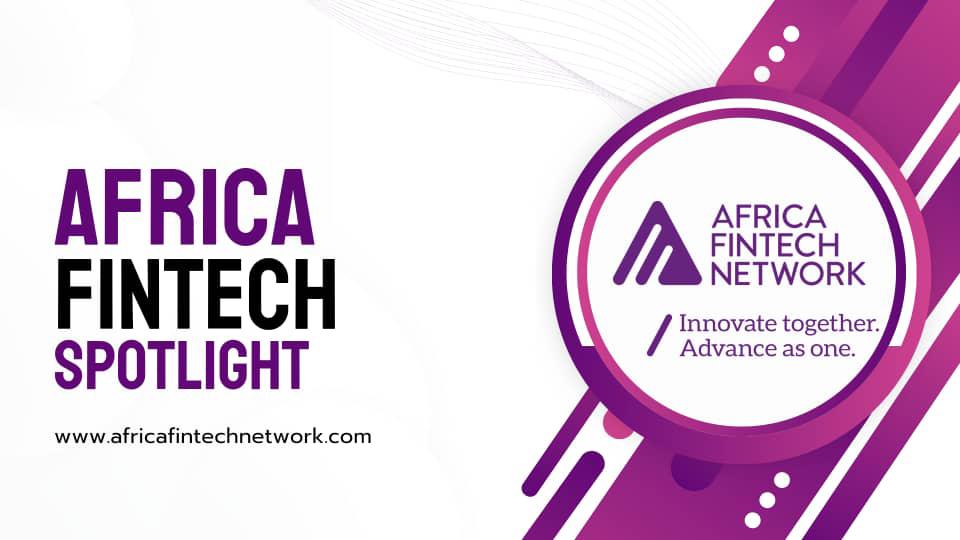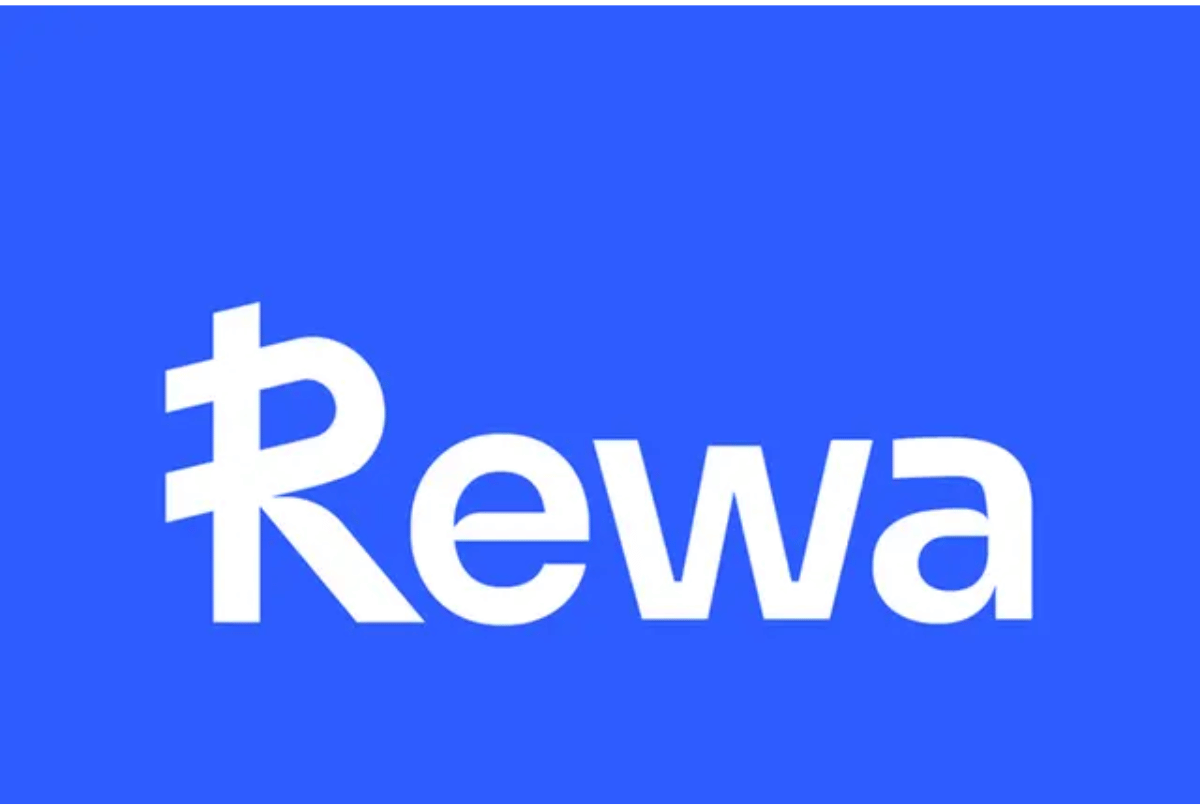
Africa Fintech Spotlight
Safaricom, Kenyan commercial banks propose Pesalink for national payments overhaul
Safaricom and the Kenya Bankers Association (KBA) have proposed that Pesalink become the preferred next-generation fast payment system (FPS) in Kenya, arguing for an industry-led solution to streamline digital payments. The recommendation, outlined in a proposal submitted by both parties, calls for Pesalink’s existing infrastructure rather than creating a new FPS or relying on multiple private switches.
Pesalink, operated by the KBA through its fintech arm, Integrated Payment Services Limited (IPSL), currently supports $8.5 billion (KES1.1 trillion) in Kenya’s digital payments. According to the proposal, using Pesalink as the foundation for the national FPS would ensure seamless interoperability across different payment platforms, such as banks, mobile money operators like M-Pesa, and fintechs. This would bridge the gaps in Kenya’s fragmented payments landscape, which often sees mobile money platforms operating separately from traditional financial institutions.
Read more: https://techcabal.com/2025/02/04/safaricom-pesalink-banks-fps/
Uganda Arrests Nine Over US$16mn Central Bank Heist
Ugandan investigators have arrested the country’s Accountant General and eight senior officials for a heist in which US$16mn was stolen from the Bank of Uganda (BoU) in September 2024.
- Accountant General Lawrence Semakula and several officials in his office are the most high profile among those arrested.
- The US$16mn was meant to repay loans to the African Development Bank (AfDB) and the World Bank, but was instead diverted to accounts in Japan and the United Kingdom.
- In early January, Uganda’s legislature forwarded an audit of the heist by the country’s Auditor-General to the Criminal Investigations Department for action.
Read more: https://kenyanwallstreet.com/uganda-arrests-nine-over-us16mn-central-bank-heist/
How is Senegal Leveraging Fintech to Overcome Major Inclusion and Economic Challenges?
Senegal is one of many countries across the Middle East and Africa trying to diversify its economy and future-proof itself by hosting financial inclusion by employing fintech solutions.
Historically, Senegal’s economy has centred around agriculture, particularly peanuts. However, in recent decades, the government has engaged in efforts to diversify the economy to include other agricultural products, as well as non-agricultural sectors such as tourism and natural resources like oil, gas, and gold.
Read more: https://thefintechtimes.com/fintech-overview-of-senegal-in-2024/
Egypt’s Khazna to apply for banking licence after securing $16 million in pre-Series B
The round drew participation from new and existing investors including Sanad Fund for MSME, anb Seed Fund,, Aljazira Capital, Khwarizmi Ventures, Nclude – a fintech fund set up by Egypt’s largest national banks – ICU Ventures, Quona, Speedinvest and Disruptech Ventures.
Khazna last raised $38 million in Series A funding in 2022. The new round brings total investment in the financcial Super App to $63 million.The fintech’s user base has grown to over 500,000 people, with a focus on workers earning three times less than Egypt’s minimum wage.
Khazna’s core product integrates financial servics such as loans and insurance directly into payroll accounts, alongside direct delivery of unsecured loans to gig economy workers.
2025 Informed: Fintech predictions
Fintech continues to evolve in 2025, driven by AI innovation, regulatory changes, embedded finance, and digital transformation.
From the rise of real-time payments (RTP) and stablecoins to the increasing role of AI in security and personalisation, Fintech firms must adapt to shifting consumer expectations, compliance demands, and technological advances
TechInformed has gathered insights from industry leaders to explore the most impactful trends shaping Fintech.
Read more: https://techinformed.com/fintech-predictions-2025-ai-payments-compliance/
New York Expands Program to Support Access to Financial Services
The New York towns of Neversink and Denning have been approved as a Banking Development District (BDD), a designation that is meant to support access to affordable financial services.
The approval was announced Wednesday (Feb. 5) by New York State Superintendent of Financial Services Adrienne A. Harris, the New York State Department of Financial Services (DFS) said in a press release.
Harris also announced the approval of Hudson Valley Credit Union (HVCU) in the hamlet of Grahamsville, Town of Neversink, as a participating BDD Branch, and HVCU’s Green Island branch as a BDD participating branch to serve the Green Island BDD, according to the release.
The Global Scorecard on Real-Time Payments: Faster, Smarter and Borderless
What if sending money internationally was as fast and seamless as sending a text message? That future is already here. Financial ecosystems worldwide are shifting to real-time payments, creating faster, safer and more efficient transactions for businesses and consumers.
In Europe, regulators are making instant payments the new standard. By January 2025, all European payment service providers (PSPs) must be able to receive real-time payments. By October 2025, they must also be able to send them. This overhaul means that transactions will process instantly, 24/7, for businesses and consumers. But compliance isn’t just about speed; it requires advanced fraud detection, strict anti-money laundering (AML) safeguards and transparent pricing. The result? A financial system that is not only faster but also more secure and efficient.
In the Middle East, Kuwait’s Weyay Bank has launched AFAQ, a regional real-time payments system that enables instant money transfers across the Gulf Cooperation Council (GCC) countries. This development eliminates currency fluctuation risks and reduces transfer delays, making cross-border payments between Bahrain, Kuwait, Oman, Qatar, Saudi Arabia and the United Arab Emirates smoother than ever.




